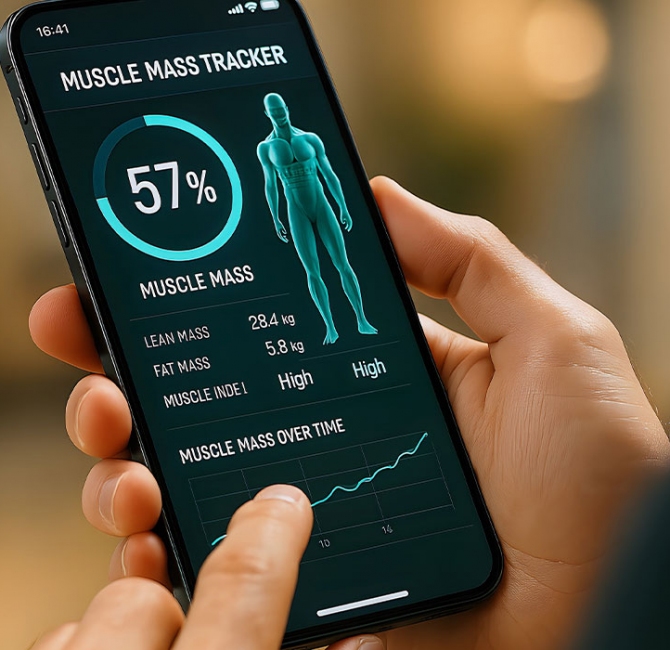Background Social media (SM) has become a central means of communication in most people’s daily lives. Of the 4.6 billion active users of SM globally, the heaviest users are 18–29-year-old females. Many SM platforms (e.g., Facebook, Instagram, TikTok) allow people to post and caption photos and videos of themselves and to view and comment on other users’ content. Although SM can increase social connections, it is also associated with negative impacts on mental health and well-being among users. High SM use is linked to negative body image and lowered self-esteem among young females.
Objective This study investigated whether taking a one-week break from SM use positively impacted body image and self-esteem among young females. The researchers hypothesized that young females who took a one-week break from SM would report higher self-esteem and body satisfaction levels after seven days compared to those who continued their normal SM use. Additionally, given the established pathways between SM, thin-ideal internalization, and body dissatisfaction, the researchers predicted that females with higher baseline thin-ideal internalization levels would benefit the most in terms of body satisfaction from taking a SM break.
Methods Sixty-six female undergraduate students volunteered to participate in the study at York University in Toronto, Canada. Participants (aged 17–24 years) were randomly assigned to either take a one-week break from SM or continue their normal SM use (control group). Self-esteem and body satisfaction were measured at baseline and one week later.
Findings Taking a break from SM use for one week increased self-esteem and body image among young females. Closer analysis revealed that taking a SM break was beneficial, particularly for females with average to high levels of thin-ideal internalization. These findings provide more evidence of an inverse, causal relationship between SM use and self-esteem and body satisfaction. They highlight the potential benefits of reducing or eliminating SM use among young females.
Conclusions The study results have implications for preventing and treating low self-worth and body image distress. A one-week break from SM is simple, cost-free, and relatively easy for individuals who are motivated to do so and could offer clinically meaningful benefits for mental health. A SM break could be suggested to clinical and at-risk populations, particularly females with elevated body image concerns and feelings of low self-worth. Comprehensive prevention or intervention protocols for body image distress should target reducing SM use to mitigate its negative influence on body image and self-esteem.



